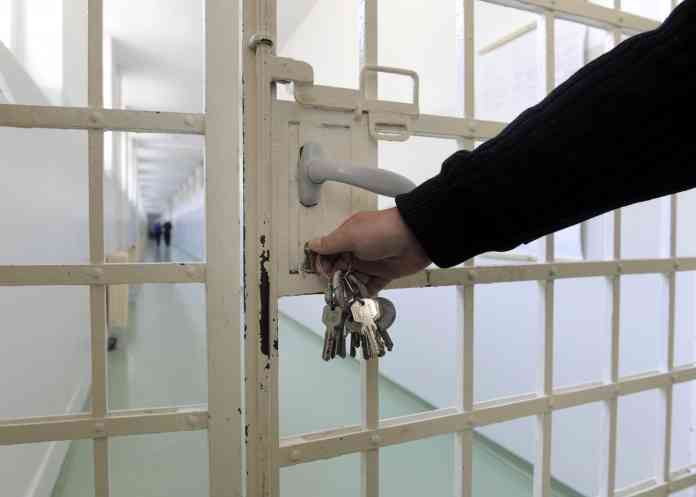News
Sep 04, 2017
Sentences for some terror offences should be increased, says government’s top terror adviser
 Terrorists’ families should be jailed if they fail to alert authorities, government’s Max Hill says.
Friends and families of terrorist attackers should be jailed for failing to alter authorities to possible attacks, Max Hill, the government’s most senior adviser on terror laws, has said.
Hill, the independent reviewer of terrorism legislation, said some existing powers are underused or carry sentences that are too light to work as an effective deterrent.
He highlighted section 38B of the Terrorism Act 2000, which makes it a criminal offence for anyone who believes someone might be planning an act of terrorism to ‘not disclose the information as soon as reasonably practicable’.
The law covers terror attacks as well as other offences including undergoing weapons training, leading a terrorist organisation, possessing or collecting material for terrorist purposes or passing on information about the armed forces.
Longer sentences for some terror-related offences are already being considered in a review ordered by the government in the wake of the atrocities in London and Manchester.
In the aftermath of the atrocities it emerged that several perpetrators were known to security services and had been reported to authorities over extremist statements in the past.
Hill told the Press Association: “With the benefit of experience and hindsight it may be the case that some offences have insufficient discretionary maximum sentences, which should be reviewed.”
Raffaella Pantucci, the director of international security studies at the Royal United Services Institute (RUSI), said: “We’ve done research that shows that in more than half of cases of ‘lone wolves’, individuals have told someone or clearly telegraphed that intent, usually to family members.
“But it can be difficult to tell statements indicating an attack is being planned from their normal patterns of behaviour.
“Some people don’t realise what they’re seeing. What may seem innocuous can turn into a problem.”
Terrorists’ families should be jailed if they fail to alert authorities, government’s Max Hill says.
Friends and families of terrorist attackers should be jailed for failing to alter authorities to possible attacks, Max Hill, the government’s most senior adviser on terror laws, has said.
Hill, the independent reviewer of terrorism legislation, said some existing powers are underused or carry sentences that are too light to work as an effective deterrent.
He highlighted section 38B of the Terrorism Act 2000, which makes it a criminal offence for anyone who believes someone might be planning an act of terrorism to ‘not disclose the information as soon as reasonably practicable’.
The law covers terror attacks as well as other offences including undergoing weapons training, leading a terrorist organisation, possessing or collecting material for terrorist purposes or passing on information about the armed forces.
Longer sentences for some terror-related offences are already being considered in a review ordered by the government in the wake of the atrocities in London and Manchester.
In the aftermath of the atrocities it emerged that several perpetrators were known to security services and had been reported to authorities over extremist statements in the past.
Hill told the Press Association: “With the benefit of experience and hindsight it may be the case that some offences have insufficient discretionary maximum sentences, which should be reviewed.”
Raffaella Pantucci, the director of international security studies at the Royal United Services Institute (RUSI), said: “We’ve done research that shows that in more than half of cases of ‘lone wolves’, individuals have told someone or clearly telegraphed that intent, usually to family members.
“But it can be difficult to tell statements indicating an attack is being planned from their normal patterns of behaviour.
“Some people don’t realise what they’re seeing. What may seem innocuous can turn into a problem.”
View the latest
digital issue
digital issue




















